If you’ve been interested in remote work or are just starting to discover the world of location independence, you may have heard of the word “nomadic.” You’ll hear YouTubers and bloggers toss the term around when describing how they abandoned the 9-to-5 lifestyle, carpe diemed, and discovered location independent work opportunities.
But what does “nomadic” really mean? Is it a lifestyle? Is it a place? Or maybe it’s a job type?
We’re here to break down what it really means to be nomadic and to help you design your own location independent life.
What Does Nomadic Mean?
According to the Merriam-Webster English dictionary, nomadic is defined as:
1: of, relating to, or characteristic of nomads – a nomadic tribe – nomadic herders
2: roaming about from place to place aimlessly, frequently, or without a fixed pattern of movement
Even the dictionary struggles to identify what nomadic means without using the word nomad. That’s because early nomads embodied a lifestyle of moving from one place to another without strong ties to one region. Nomads could live anywhere in the world from Asia and Africa to Arabia and America.
The first documented use of the word nomadic dates back to 1818, although the word’s etymology has a much more fascinating background.
Etymology of the Word Nomad
The word nomadic stems from the Greek word nemein, which meant “to pasture.” Many nomadic tribes followed migration routes that were integral to their culture and often based on finding resources to fulfill the basic needs of themselves and their livestock.
From nemein came the Latin nomas and the Greek word nomas, which boasted a definition meaning “roaming in search of pasture” according to the Online Etymology Dictionary. In the late 16th century, the French nomade transitioned into the new spelling “nomad”, which entered the French lexicon through Latin roots from the Greek base words.
What Does It Mean to Be A Nomad?
What does that all really mean and how does it translate to today’s use of the word nomadic?
The history of the word nomadic shows how deeply entrenched these location independent ideas are in our culture and our history. Long before the development of megacities and metropolises, nomadic peoples scoured the planet in search of work, food, and basic supplies. They moved from one place to the next constantly looking for more fertile soil, new grazing lands for their livestock, and more abundant crops.
In today’s world where we no longer have to roam the world to make sure our basic needs are met, people still embrace the nomadic life in search of freedom, independence, and a sense of adventure.
Modern nomads view life as a great rendezvous, crisscrossing the planet in search of new cultures, new lives, and even new employment opportunities. No longer relying on sheep and livestock to make a living, today’s nomads rely on business ideas and freelance opportunities to support their quest to explore the world on their own time. These pseudo time travelers take control of their day-to-day businesses and embrace location independence in favor of seeing the world.
How to Know If You’re A Nomad
Diagnosing individuals with a serious case of nomadic tendencies is easy thanks to the highly recognizable nomadic symptoms.
If you’re predisposed to nomadism, you’ll likely yearn for something greater out there.
You describe yourself to friends using words like vagabond, wanderer, roamer, wayfarer, trekker, and traveler.
You find yourself showcasing typical nomadic habits like regularly searching for flight deals and daydreaming about how to turn your current gig into a remote position.
You scour the web looking for nomad communities that can guide your ambitions, and you’ve landed here at Location Indie looking for tips on how to become a digital nomad.
Here’s what some of our Location Indie members said when we asked them to complete the sentence, “You just might be a nomad if….”
…you quit your job to bike around the US. -Joe Ferrara, TriForTravel.com
…you actually enjoy airports -Shelby Eagleburger
…you enjoy getting lost and broaden your perspective on life. -Paul Lam, PathHunters.com
…you don’t know how to answer the question “Where are you from?” -Nicole van der Hoeven, nicolevanderhoeven.com
…whenever you are shopping for something new, you consider if the size and weight are small enough for your carry-on bag. -Christine Horley
…most of your possessions fit in the overhead bin. -Greg Jackson, TheseNewLatitudes.com
…you always want to get to choose when, where and what to do. -Asako Bloomer
Get Moving, Tribe
Here at Location Indie, we’re proud enablers of your nomadic tendencies.
Our nomadic family consists not only of business owners and entrepreneurs, but also individuals who have found freelance gigs or remote jobs that allow them to work from anywhere on the planet. This nomadic lifestyle leads to a freedom of movement that has been almost unprecedented when paired with a serious job or employment position. These freelancers include writers, marketers, engineers, and designers who have embraced the nomadic lifestyle and combined their travel and career ambitions into one exploratory art form.
As nomads, we give up the idea of a permanent home and instead choose temporary living arrangements to allow for greater freedom. Whether that means moving to Mongolia or Israel for a year, or perpetually hopping from country to country every few weeks is entirely up to the individual nomad. When your work is location independent, the possibilities are endless as long as you have a steady Internet connection or access to a café with wifi.
Nomadic Communities
Speaking of the Internet, nomadic communities have changed since the time of nomadic hunter-gatherers. Today, you’ll find online communities just like ours where you can interact with other modern nomads and get tips and information on how to seize control of your nomadic existence.
Today’s nomads, who make a living by offering services rather than living on natural resources, are known as peripatetic nomads. Some of the earliest examples of these nomadic people who moved around offering services include the Romani and Dom people of the Middle East. These tribes offered services like smith work, basket making, and fishing to local populations as they moved about. Today’s nomads have upped their games a lot, offering services from financial advising to website design and marketing. But while the jobs have evolved, the community has not. Like their predecessors, modern nomads still maintain tight-knit tribe feel.
At Location Indie, we know that surrounding yourself with the best people makes it easier to achieve your own nomadic goals. We have a passionate tribe made up of friends from across the globe who understand the nomadic lifestyle and how to achieve it.
Our 24/7 forum keeps you engaged and connected when you need some feedback on new travel or business ideas. We make it easy to learn new skills from experts while helping to keep you accountable to your business ambitions. We’ll even help you find those elusive $5 flights you’ve heard about and create long-lasting friendships through the process.
So if you want to be part of the modern nomadic definition and achieve location independence, you’ve come to the right place.
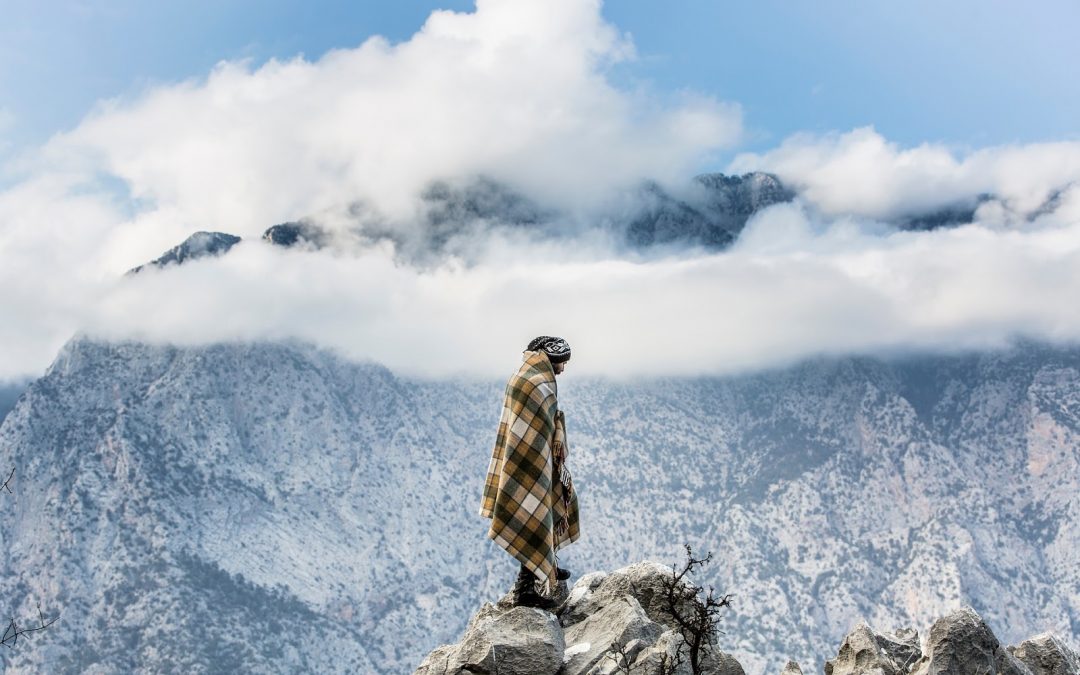
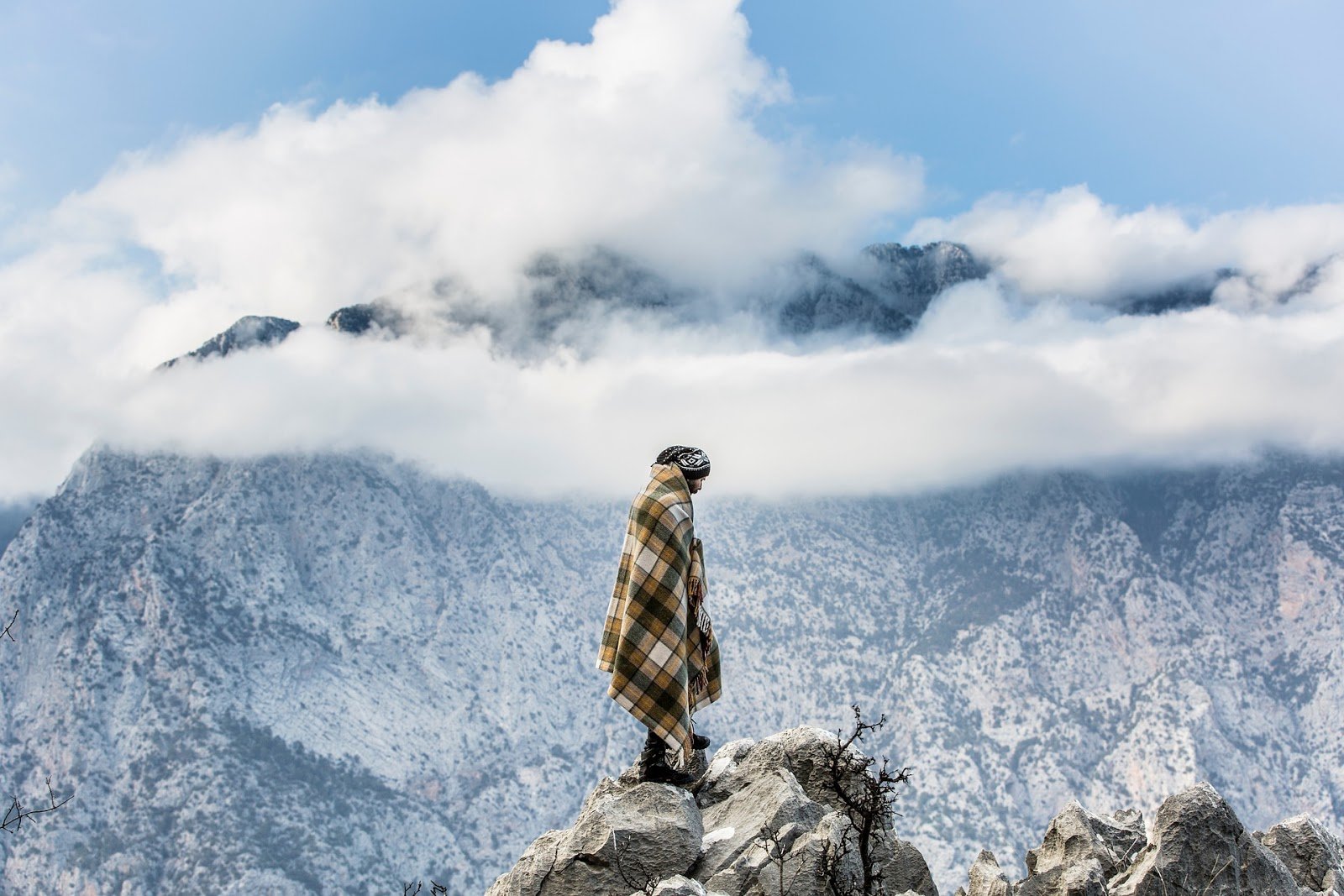
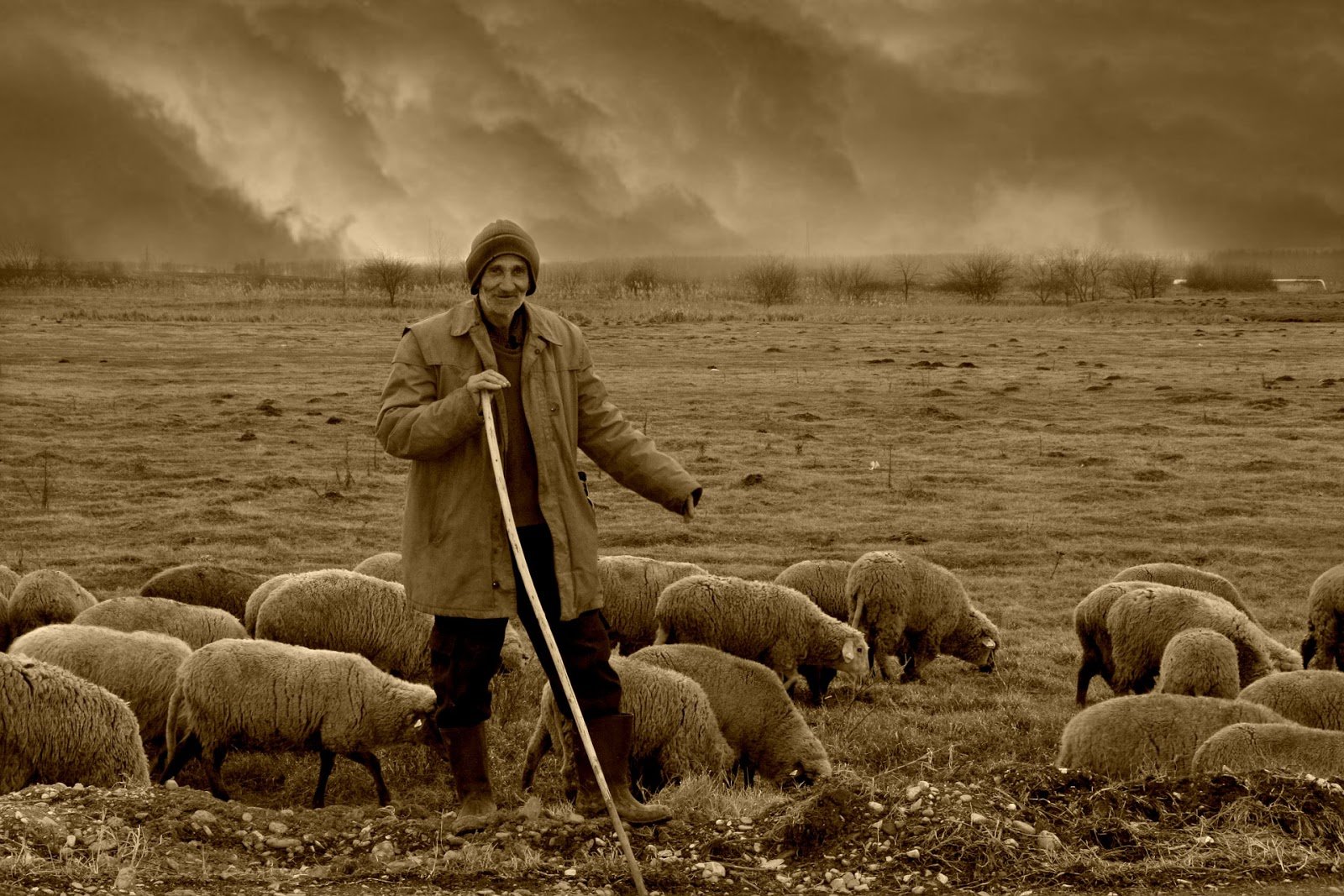
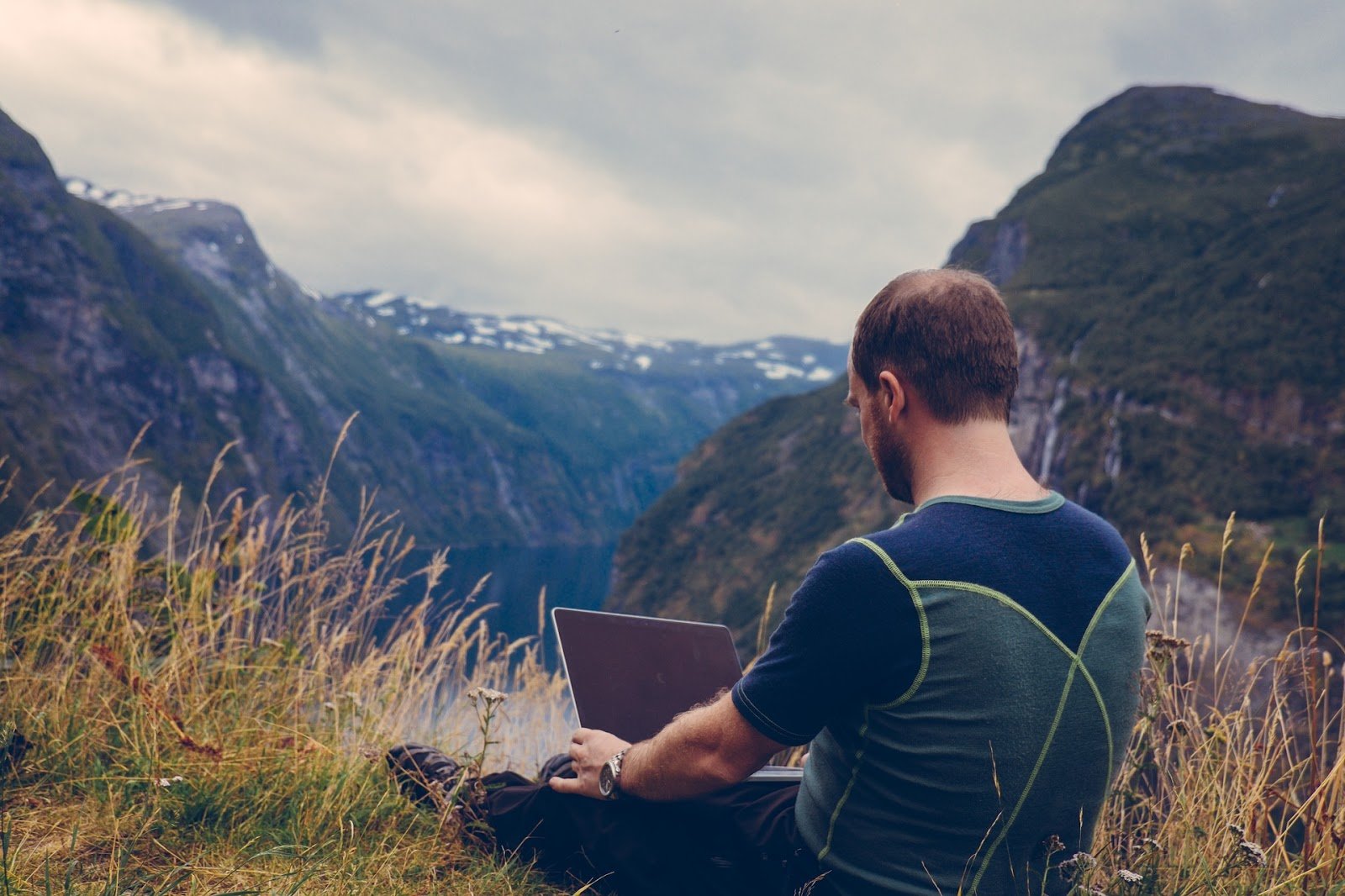

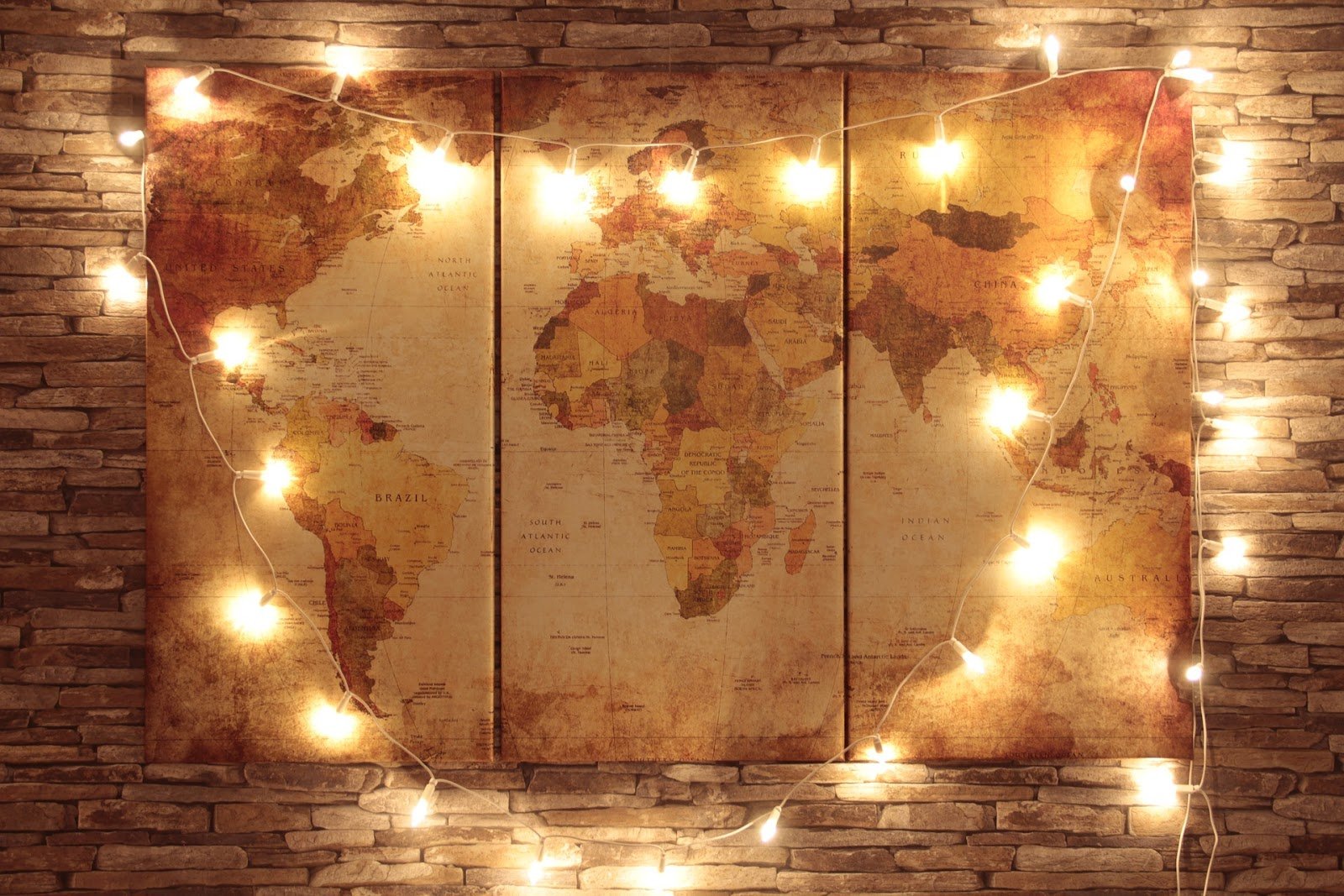


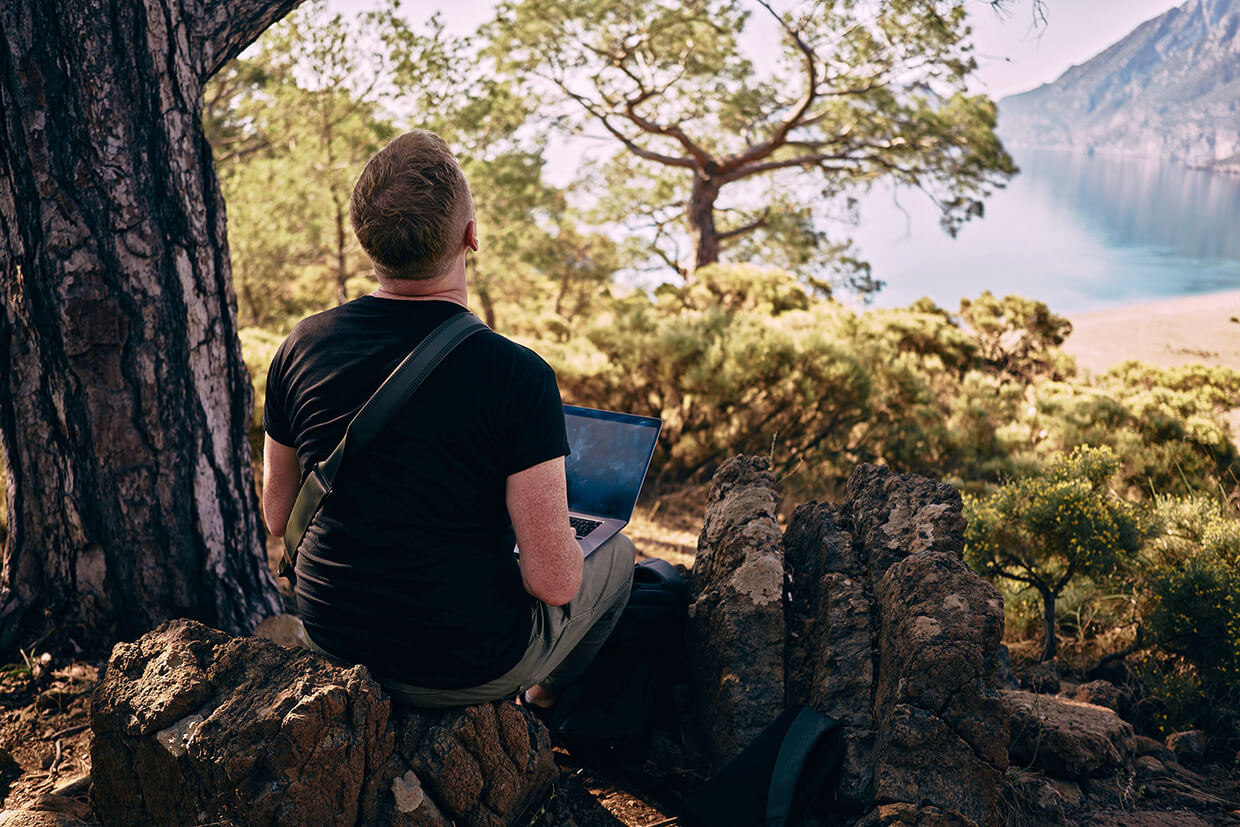

Recent Comments